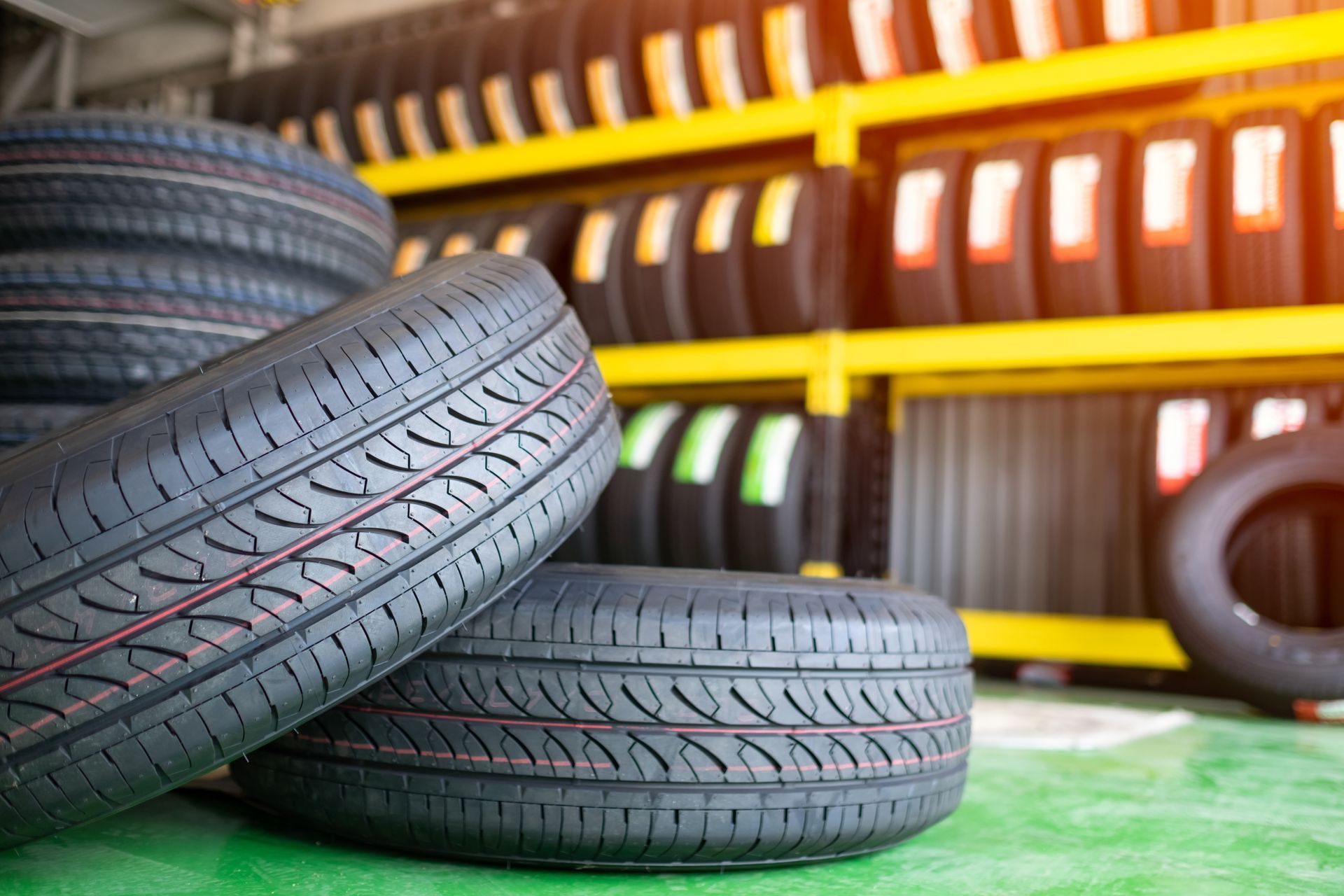The Ultimate Guide to Tires: What Every Driver Needs to Know
We understand that tires are one of the most crucial components of your vehicle, yet they are often overlooked

Introduction
That's why we've put together this comprehensive guide to educate you on everything you need to know about tires. From understanding tire types to knowing when it's time for a replacement, we've got you covered. So, let's dive in and tackle some of the most common pain points consumers face when dealing with tires.
Table of Contents
- Types of Tires
- Understanding Tire Size
- The Importance of Tire Maintenance
- Signs You Need New Tires
- How to Choose the Right Tires for Your Vehicle
- Conclusion
1. Types of Tires
All-Season Tires
These are the jack-of-all-trades in the tire world. They offer a balanced performance in most weather conditions but are not specialized for any particular one.
Summer Tires
Built for performance and agility, these tires are ideal for warm weather but not suitable for winter conditions.
Winter Tires
These are designed to provide optimal traction in snow, slush, and ice. They are not meant for all-year-round use.
2. Understanding Tire Size
Tire size can be confusing, but it's crucial for safety and performance. The numbers and letters on the sidewall of your tire indicate its dimensions, load capacity, and speed rating. For example, "P215/65 R15" means:
- P: Passenger vehicle
- 215: Width in millimeters
- 65: Aspect ratio
- R: Radial construction
- 15: Wheel diameter in inches
3. The Importance of Tire Maintenance
Regular maintenance extends the life of your tires and ensures your safety. Here are some key points:
- Tire Pressure: Under-inflated or over-inflated tires can lead to poor handling, reduced fuel efficiency, and even tire failure.
- Rotation: Rotating your tires helps in even wear, thereby extending their lifespan.
- Alignment: Misaligned tires can cause uneven tire wear and steering issues.
4. Signs You Need New Tires
- Tread Depth: If the tread is below 1/16th of an inch, it's time for a replacement.
- Vibration: Excessive vibration could indicate internal damage.
- Age: Tires generally last up to 10 years. Check the manufacturing date on the sidewall.
5. How to Choose the Right Tires for Your Vehicle
- Consider Your Driving Conditions: If you live in a snowy area, winter tires are a must. For city driving, all-season tires usually suffice.
- Budget: While it's tempting to go for the cheapest option, remember that good tires are an investment in your safety and comfort. Quality tires may cost more upfront but will save you money in the long run by lasting longer and providing better performance.
6. Conclusion
Tires are more than just rubber; they are the foundation of your vehicle's performance and safety. By understanding the different types of tires, their sizes, and the importance of regular maintenance, you can make informed decisions that will keep you safe on the road. Thank you for reading our guide, and we hope you found it informative and useful.
For all your tire needs, remember that Family Tire and Automotive is always here to help. Drive safe!





